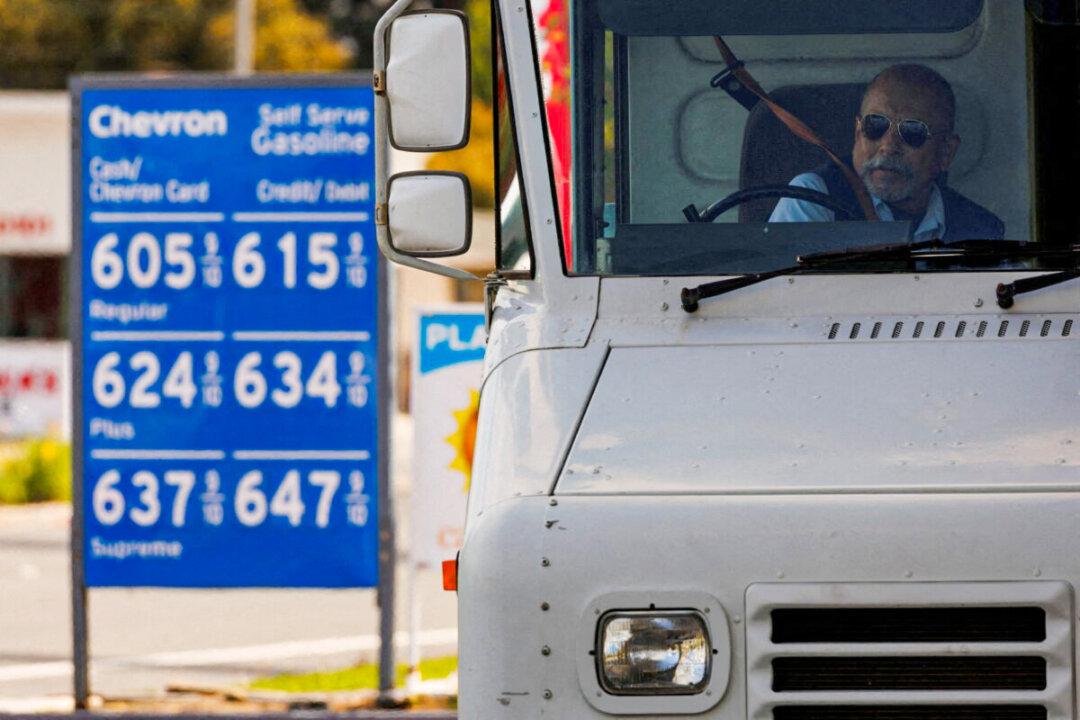Gas prices in the state of Washington are hovering near $6 per gallon, with prices in other states also rising, putting further pressure on the budgets of American citizens.
The average price of regular gas in Washington was $5.529 per gallon as of June 10, according to data from the American Automobile Association (AAA). In San Juan County, gas was priced at $6.22 per gallon, Skamania County at $5.87 per gallon, Wahkiakum County at $5.75 per gallon, King County at $5.68 per gallon, and Jefferson County at $5.67 per gallon.





